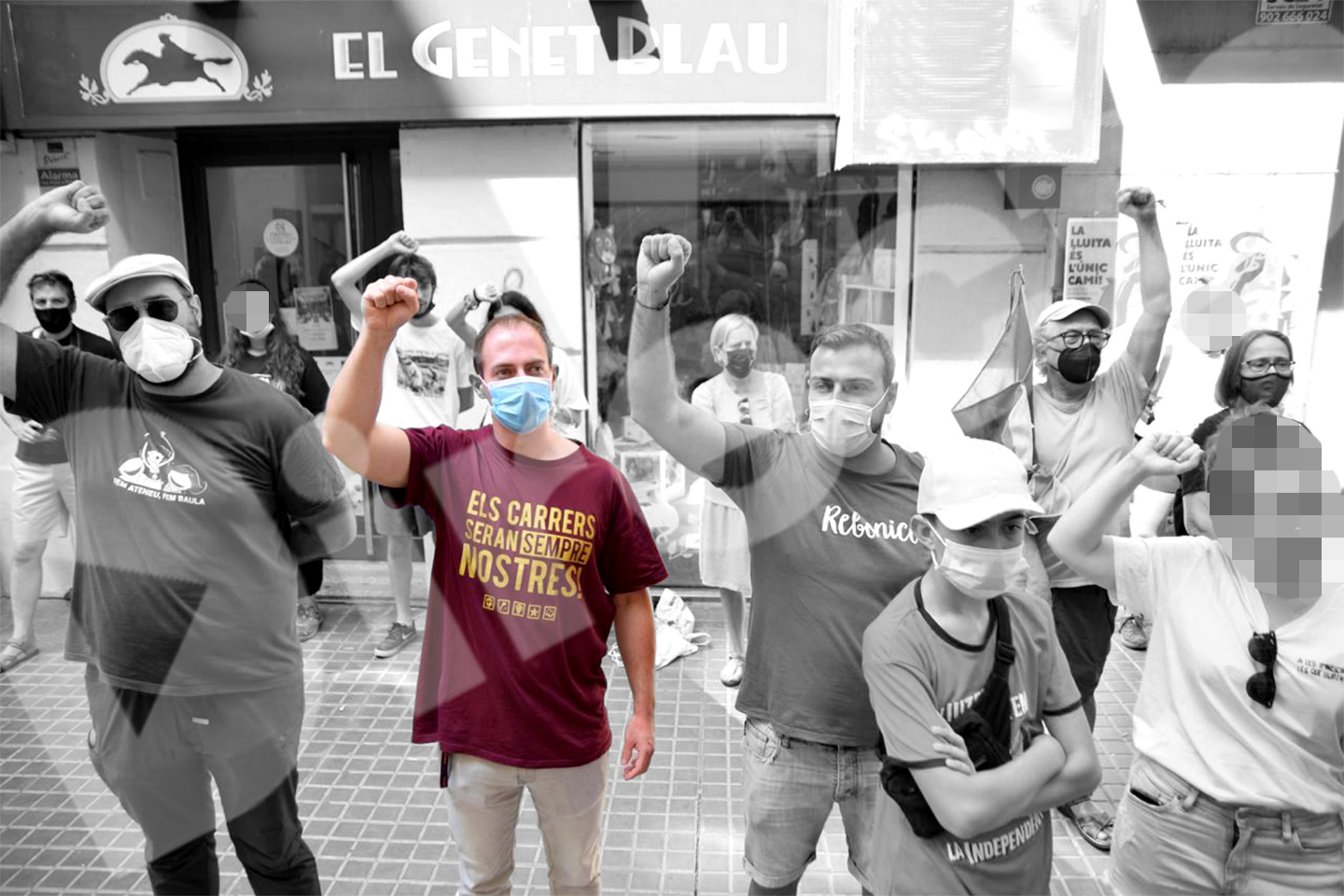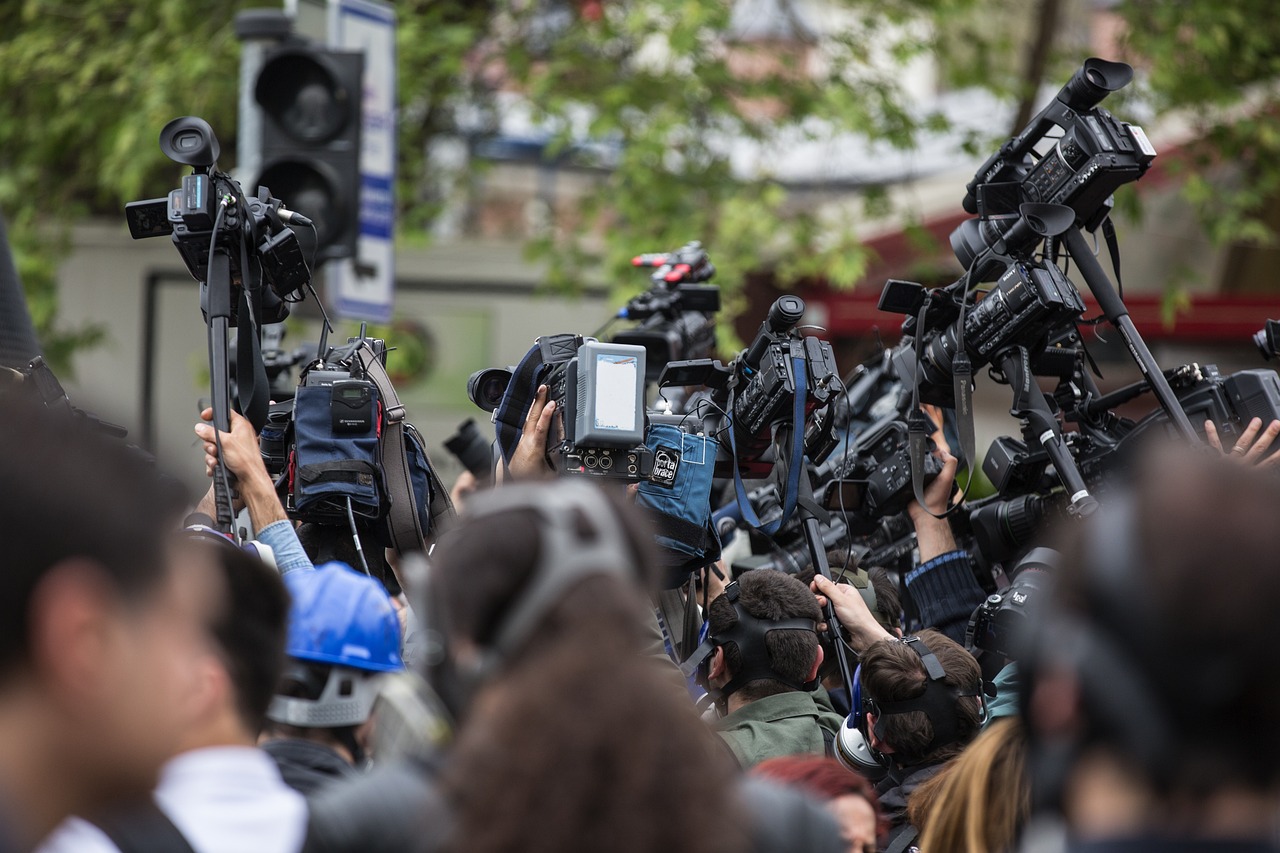Congress approves the proposal for the Amnesty Act, which includes the Catalan elections
- Now the law goes to the Senate, where the PP will delay it as far as possible – about two months – and then return to the Spanish Congress for final approval.

As planned, the law had 178 votes in favour and 172 against. Alde PSOE, Sumar, Podemos, ERC, Junts, EH Bildu, PNV, BNG and former socialist minister José Luis Ábalos. Against PP, Vox, Coalition Canaria and UPN.
The law has advanced since last January when the votes of the Boards rejected it, because in their view it was not adequately shielded in many respects. However, on 6 March the PSOE, the ERC and Junts reached a new agreement on the basis of the law now adopted.
On the basis of European legislation, not Spanish legislation
Terrorism, betrayal and unfair use were the three fields on which Junts wanted to better shield and on which the PSOE, ERC and Junts agreed. As regards terrorism, the Amnesty Law is based on European legislation and not on the Spanish Penal Code. According to this, only “serious crimes” committed “expressly against human rights” are maintained outside this amnesty. Therefore, all or the vast majority of proces will be amnestied.
Betrayal is the second important area affected. The United Nations Charter and UN Resolution 2625 of 24 March 1970 have been adopted as a legal basis. In this area, the Amnesty Law does mention the Spanish Penal Code, but it says that the alleged crime will only be excluded from amnesty when the threat against the State is “effective and effective”, or when “the independence of Spain or the effective use of force against territorial unity” occurs.
Furthermore, according to the Boards, the third best related area is the unfair use of public money. Until now, for example, Spanish justice has considered “misuse” the money spent by the institutions to organise the referendum on 1 October 2017. Now, on the other hand, this kind of money will be amnestied if it has not been specifically used for personal enrichment. But it is also clearer, and it says exactly that when public money has been used to disseminate messages in favour of Catalonia’s independence, or to organise the consultation on 9 November 2014 or the referendum on 1 October 2017, and not to enrich someone, who is within the amnesty.
In general, therefore, amnesty will affect hundreds of people and will take into account possible crimes between 1 November 2011 and 13 November 2023, i.e. most of the activity in the independence process organised in Catalonia around the referendum, including actions organised by the Tsunami Democratic or the CoR.
And Puigdemont what?
The Amnesty Act will take about two months to adopt it, that is, it could be adopted at the end of May. This deadline coincides with that of the Catalan elections and does not seem to be present at the investiture session of the President of the Generalitat, Carles Puigdemont.
The Boards have already announced that they want Puigdemont at the top of the list and the list would also accept it. If the Catalan elections are 12, the rule says that the Parliament of Catalonia must be completed 20 days later, that is, no later than 7 June, and no later than 21 there will be an investiture session.
According to the route envisaged in Amnesty's preliminary draft law, the law could be adopted in Congress last week of May and published in the Spanish Official Gazette. From then on no one can be arrested for crimes covered by amnesty. Subsequently, Spanish judges will have some two months to close court proceedings that are open. During this time it is difficult for Puigdemont to attend the investiture session in view of the attitude of the Spanish judges who have intervened in the Catalan process, as it is foreseeable that these closing processes hinder or delay to the maximum.
In addition, the closure of open court proceedings will be provisional until the settlement of appeals before the Constitutional Court or the European courts. Meanwhile, arrest warrants against Puigdemonte or other pro-independence leaders will cease.
Looking at the referendum
ERC and Junts state that the Amnesty Law does not close any way. On the contrary, the path of independence and referendum will henceforth be resumed, seeking to pave the way for its achievement.
Otzandu egin gara, katalanak eta euskaldunok, ekaitzaren ondoren. Saiatu ginen, bai; sendo ekin genion, eta gogor kolpatu gaituzte; ezin izan genien gure helburu zuzen, ezinbesteko, sakratuei eutsi. Eta porrotaren mingostasuna dastatu dugu, eta bigundu egin gara irabazleen... [+]
Directa hedabidearen ikerketa batek ondorioztatu du 2018. eta 2020. urteen artean murgildu zela Kataluniako Palestinaren aldeko eta ezker independentistaren mugimenduetan, "Belén Hammad" izenaren pean. Nortasun agiri faltsu batekin Kataluniako Gobernuak... [+]
It is often said that the summer season is a parenthesis in politics. Perhaps anyone who has a purely institutional view of politics thinks so, but the summer of this year, which is still about to end, has given us something to look at.
In the autonomous community of Araba,... [+]
One of the reasons for the investiture of Salvador Illa as president of the Generalitat has been the PSC-ERC pact. It is not a sovereign pact at all, but in some respects new doors could be opened, unless the political strategy of the PSC-PSOE, which is common, is re-imposed... [+]
It is not easy to understand what is happening in Catalonia. Certainly. We can end the 2017 process, but it remains to be seen whether independence will be able to start a new process of liberation.
If independence had been maintained in most elections, there would be another... [+]
Saying goodbye to something or someone is usually an act related to abandonment, the end and, ultimately, the grieving process. I'm sure you would ever, or you'd hear someone, tell them the typical, topical phrase of "I don't like greetings." And I don't want to fool you, not even I've... [+]




















